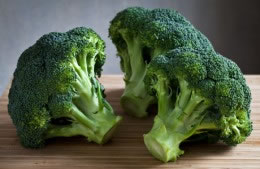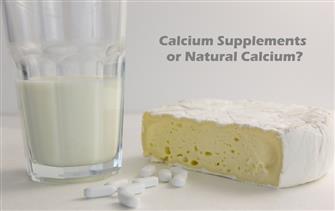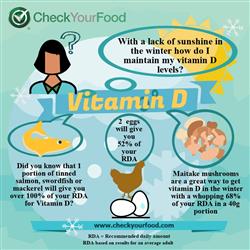Should you take supplements?
[New Research Added] We are bombarded with adverts for supplements wherever we go. But are they really good for you?
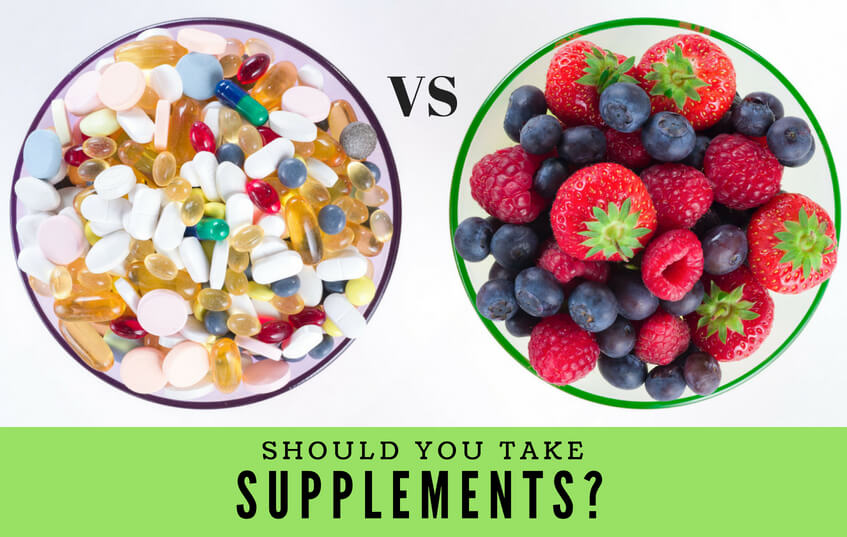
Share
First you need to know about micronutrients
Micronutrients are vitamins, minerals, phytochemicals, amino acids and fatty acids such as omega 3 and 6 that are present in very small amounts in our food.Put simply, the vital processes that maintain your life and health are enabled by, enhanced by and protected by nutrients. Although some nutrients are only required in small amounts, it’s impossible to overstate their effect on your body.
So should I take supplements?
Supplements have become increasingly popular and while some people have experienced benefits from them, they are far from a perfect solutionLeading academics such as Michael Lean do not recommend the use of supplements:
"I deal with many patients who are led by clever marketing or packaging to spend huge amounts of money on so-called ‘health’ supplements and products for which there is no evidence, and which do nothing at all,” Michael Lean Professor of human nutrition, University of Glasgow.
Supplements are often synthetic versions of vitamins – although they are similar, they are not exactly the same, despite how they are often marketed, as they are in isolation from all the other constituents in food. The majority of the time, they are based on synthesised materials and go through an amazing number of industrial processes before the pills get to you.
There have been many news reports in recent years highlighting the potential dangers of synthetic vitamin supplements and mineral supplements. These warnings are generally in the area of the mega dosing, (pills that contain far more than the recommended daily amounts of vitamins and minerals), that supplements can give causing adverse reactions in our bodies.
This is called ‘systemic’ conditioning and can cause problems with our absorption of the natural vitamin C in our diets after taking supplements (Dr Lester Packer Vitamin C in Health and Disease).
Nutrient synergy and buffering in natural foods
“A vitamin as it appears in nature is never a single chemical, but rather it is a group of interdependent compounds that form a ‘nutrient complex’ so intricate that only a living cell can create it. And just as no single component of a watch keeps time, no single compound in a vitamin complex accounts for the vitamin's nutritive effect in the body. Only through whole, unprocessed foods can the synergistic effect of a true vitamin be delivered.”Dr Royal Lee (seen by many as the Einstein of nutrition)
Nature does not produce any nutrient in an isolated form and the nutrients from your food are constantly interacting with each other to protect and maintain your health. For example in leafy greens the vitamin K1, folate, lutein, beta carotene and vitamin C, work together to prevent cognitive decline in a synergistic way that scientists are only just beginning to understand.
This synergy is also helped by the buffering that carbs,fats and protein in natural food give which enable the right speed of absorption of vitamins & minerals.
Rather than relying on artificial nutrients to protect yourself and treat problems as and when they occur, if you adopt a healthier diet that provides you with plenty of nutrients, you will benefit from the natural balance in food that nature has provided to be of maximum benefit to your health.
New Research April 2019
- The lower risk of death associated with adequate nutrient intakes of vitamin K and magnesium was limited to nutrients from foods, not from supplements;
- The lower risk of death from CVD associated with adequate intakes of vitamin A, vitamin K, and zinc was limited to nutrients from foods, not from supplements; and
- Calcium intake from supplement totals of at least 1,000 mg/day was associated with increased risk of death from cancer but there was no association for calcium intake from foods.
What if I’m low on some nutrients?
A nutrient deficiency will leave you vulnerable to disease, but a steady supply of nutrients in your food will help keep you in good health by enhancing and enabling your body’s internal processes.There’s a lot you can do to protect yourself in your daily life, just by making subtle but effective changes to your diet. Indeed, when nutrition is at its most effective, the results can often seem like magic, as tiny changes can deliver huge results on a cellular level!
Using CheckyourFood to discover what ingredients and recipes have the most nutrients and adjusting your diet accordingly is the first step on your journey to better health and ditching those supplements for ever!
Association Among Dietary Supplement Use, Nutrient Intake,
and Mortality Among U.S. Adults: A Cohort Study
The American Journal of Clinical Nutrition - Food synergy: an operational concept for understanding nutrition
Dr Lester Packer - Vitamin C in Health and Disease
The Guardian - Vitamin supplements can increase risk of cancer and heart disease
Madehow.com - How vitamins are made
ScienceDaily - Eating green leafy vegetables keeps mental abilities sharp
Tuffts University Via Science Daily- Nutrients from food, not supplements, linked to lower risks of death, cancer
Now check these out
Love this? Get blogs and more in your inbox
Subscribe to receive our blogs plus each weeks featured ingredient, recipe and nutrient in your inbox
Thank you for registering

 About nutrients
About nutrients
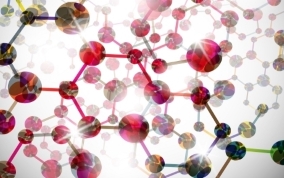 All nutrients
All nutrients
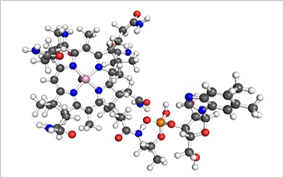 vitamins
vitamins
 minerals
minerals
 phytochemicals
phytochemicals
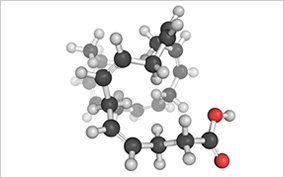 fatty acids
fatty acids
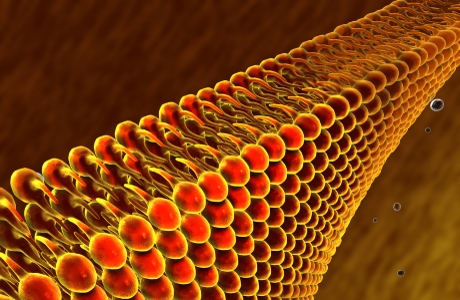 macronutrients
macronutrients
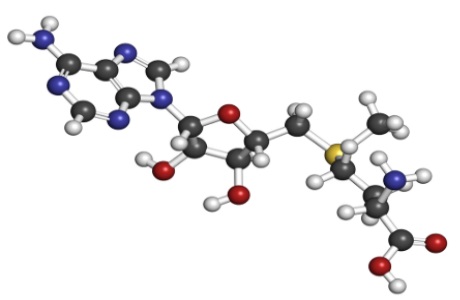 amino acids
amino acids


